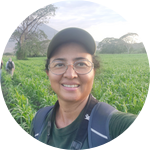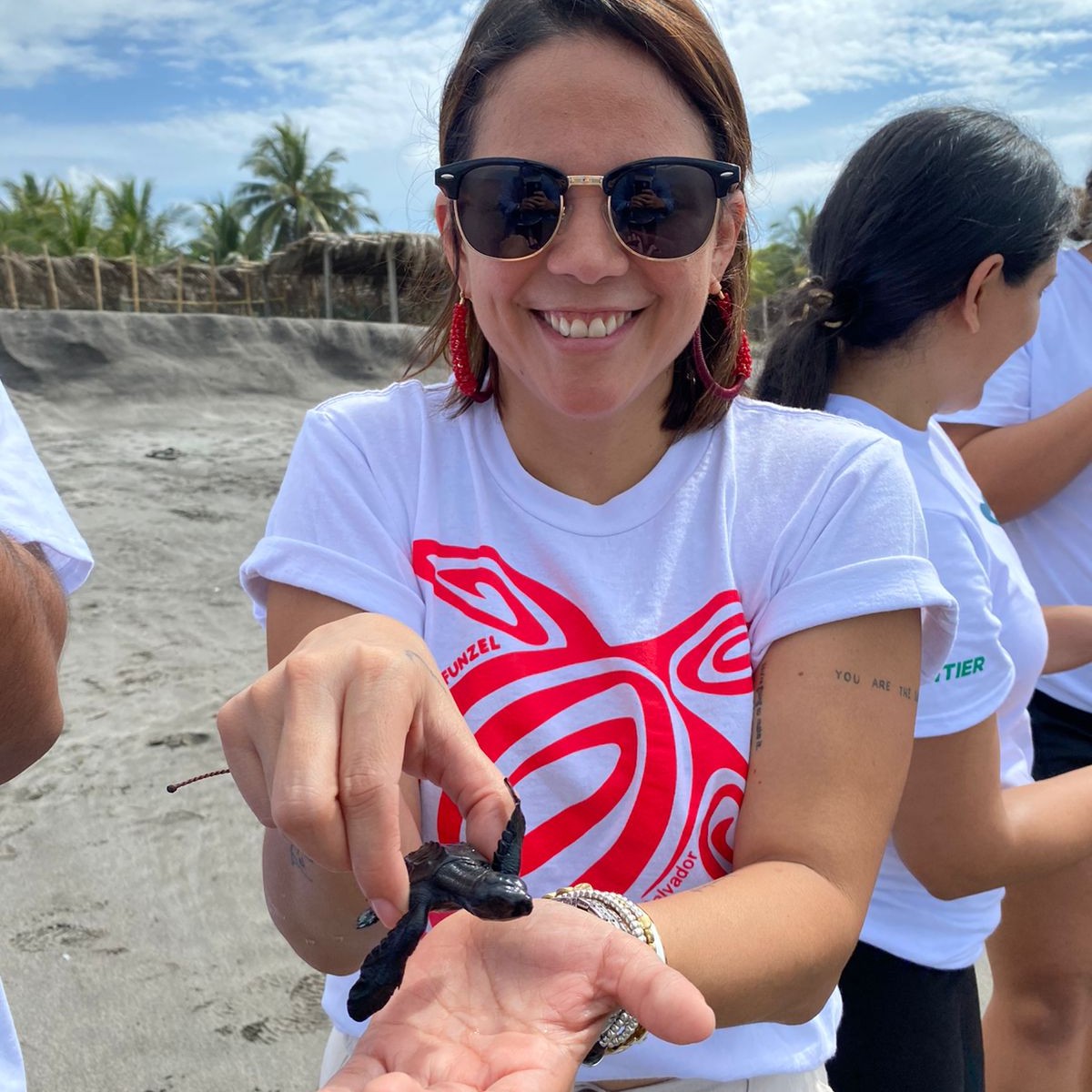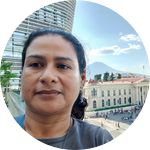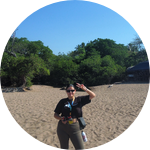About This Project
We will study the presence of microplastics on 3 Salvadoran beaches among 3 departments during the rainy season. We will collect samples weekly for 6 weeks, analyze them with the microscope and present the results. It will be crucial for the health of marine ecosystems and coastal communities. Our goal will be to raise awareness about the risks of microplastics. We will work in collaboration with various stakeholders to protect our ecosystems and communities.
Ask the Scientists
Join The DiscussionWhat is the context of this research?
Understanding the levels of microplastic pollution along the Salvadoran coast will allow us to take educational actions to help residents in these vulnerable areas understand the impact that microplastics are having on their lives. Several studies demonstrate that microplastics are a global concern due to their toxic effects on fish and humans. Scientists explain that exposure to microplastics poses a significant threat to ecosystems due to their adverse effects. Communities we work with have some knowledge about what microplastics are; this experiment will be conducted alongside some leaders and will allow them to learn more. We'll produce an article to share along the coast and in the city, highlighting this presence with scientific backing
What is the significance of this project?
The importance of this project lies in its relevance to El Salvador, a country with an extensive coastline and a significant population living in vulnerable conditions. These coastal communities are already affected by climate change and rely heavily on fishing as a primary source of income and food. Therefore, understanding and addressing the issue of microplastic pollution in these areas is crucial to ensuring the health and sustainability of these ecosystems and communities. This study will provide solid scientific data to support the implementation of effective measures to reduce microplastic pollution on the Salvadoran coast. Studying their presence in sand helps us understand potential exposure pathways and risks to human populations, particularly those who frequent beaches.
What are the goals of the project?
Contributing to the advancement of scientific knowledge on microplastic pollution and its effects on marine ecosystems in vulnerable countries as El Salvador, and human health has both local implications and international applications to inform policies and environmental management practices related to reducing microplastic pollution. By implementing more effective strategies to mitigate this environmental problem, fostering collaboration among stakeholders, including government agencies, NGOs, and local communities, to comprehensively address the issue and contribute to global efforts to combat microplastic pollution and protect marine biodiversity, we can work collectively.
Budget
Budget allocations are crucial for the success of our microplastics research project. They allow us to cover a variety of costs associated with sample collection and analysis, as well as the maintenance of specialized equipment. With these funds, we can acquire the necessary materials for conducting our field studies, including sampling tools, collection containers, and safety equipment. Additionally, budgetary support facilitates field trips, enabling us to travel to necessary locations for efficient and comprehensive sample collection. They also finance the laboratory analyses required to identify and quantify microplastics in our samples, using specialized and costly techniques.
Endorsed by
 Project Timeline
Project Timeline
En 45 días, durante la temporada de lluvias en El Salvador, cuando aparecen más desechos sólidos en las playas, visitaremos semanalmente cada una de las tres playas en los tres diferentes departamentos durante 4 semanas para recolectar muestras de arena y agua de mar. Las semanas 5 y 6 estarán dedicadas al análisis de laboratorio de las muestras recolectadas y al análisis de los datos obtenidos.
May 29, 2024
Project Launched
Jun 19, 2024
En la semana 3 entregaremos fotografías de las dos primeras semanas de visitas de campo, pendiente de aprobación del proyecto.
Jul 03, 2024
En la 5ª semana entregaremos fotografías de las visitas de campo de la 3ª y 4ª semana.
Jul 17, 2024
En la séptima semana del proyecto entregaremos el artículo con los datos recopilados y analizados.
Meet the Team
Team Bio
We are a passionate team, working for the conservation of endangered species in our country and promoting, through these projects, the improvement of the quality of life in vulnerable communities. We manage 6 sea turtles nests in 6 beaches in our country and protect Yellow Naped Parrot in 2 locations of our country, we provide enviromental education talks to private and public companies and schools, reforestations projects in order to have a positive impact.
Silvia Fuentes
I have been supporting environmental causes, wildlife conservation projects, community development, and gender equality since 2016. It's an honor for me to work for my country, supporting not only wildlife and the environment but also vulnerable communities in coastal areas by generating important information that could help and change the lives of all Salvadorans. I also give talks on environmental education."
Claudia Evelyn Dueñas de Merlos
Since I can remember, I have been very fond of biology. Here in my country, El Salvador, I studied a Bachelor's degree in Biology, and now I work at FUNZEL, which is a non-profit organization where we carry out research projects for wildlife conservation. But what I have worked on the most is the conservation of sea turtles.
Michelle Duarte
Expert communicator in environmental awareness campaigns, wildlife enthusiast, leader of events.
Lab Notes
Nothing posted yet.
Project Backers
- 14Backers
- 5%Funded
- $231Total Donations
- $16.50Average Donation




